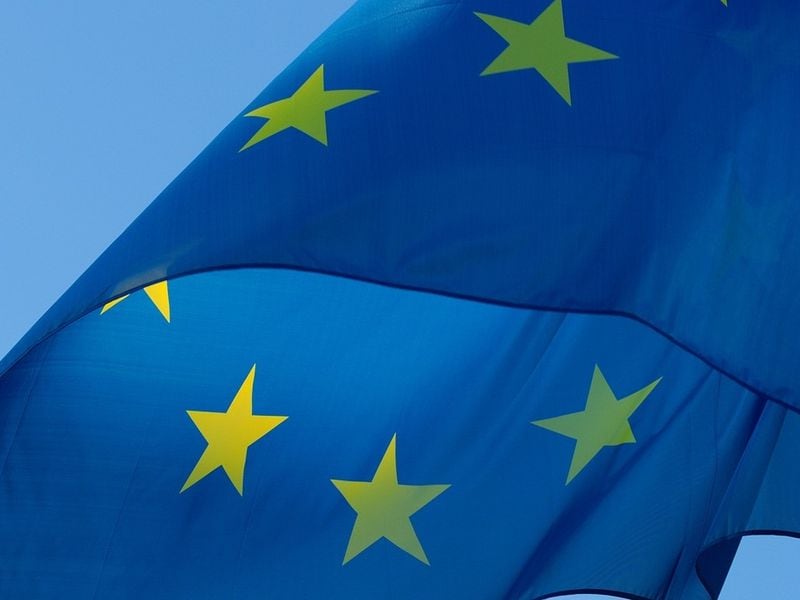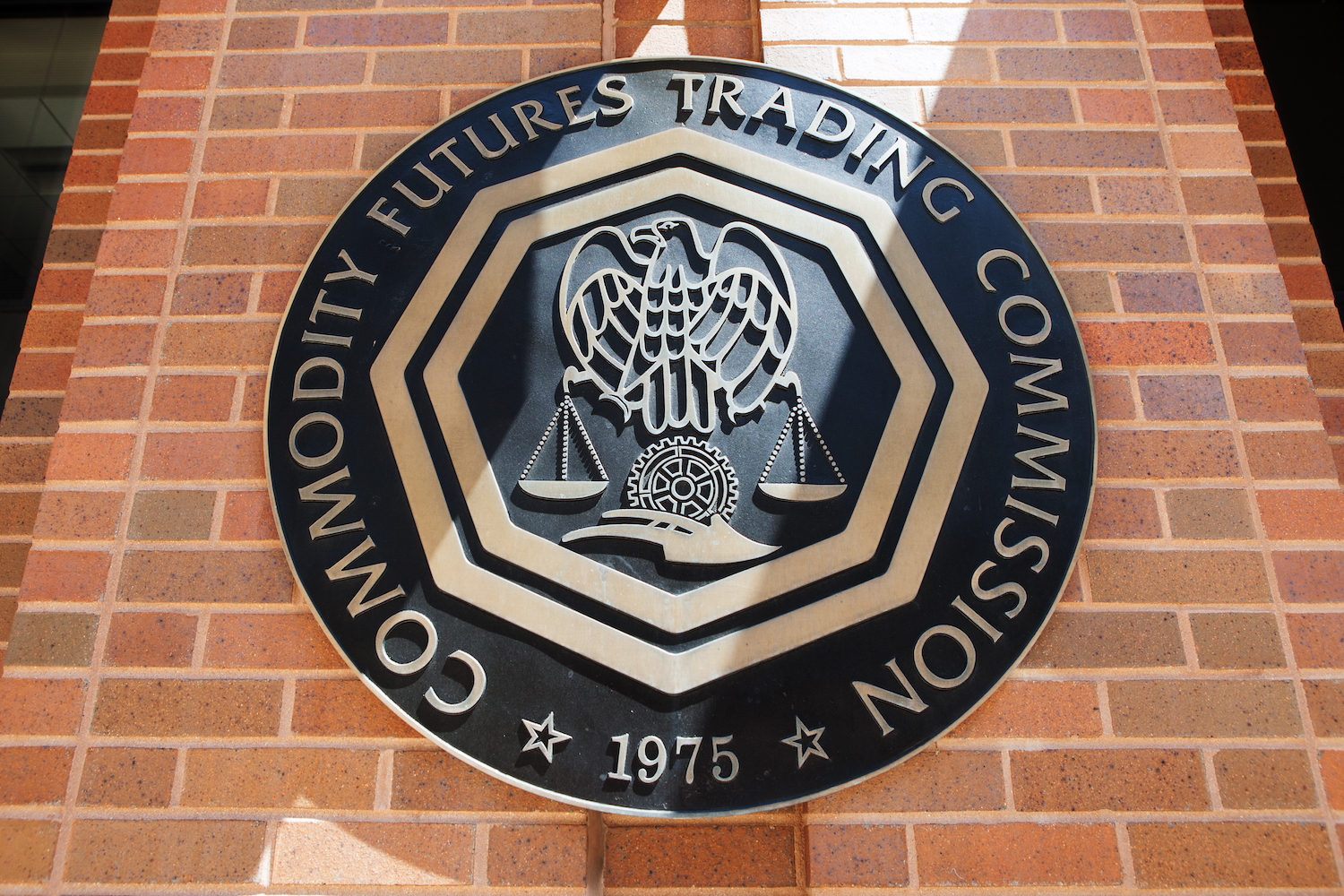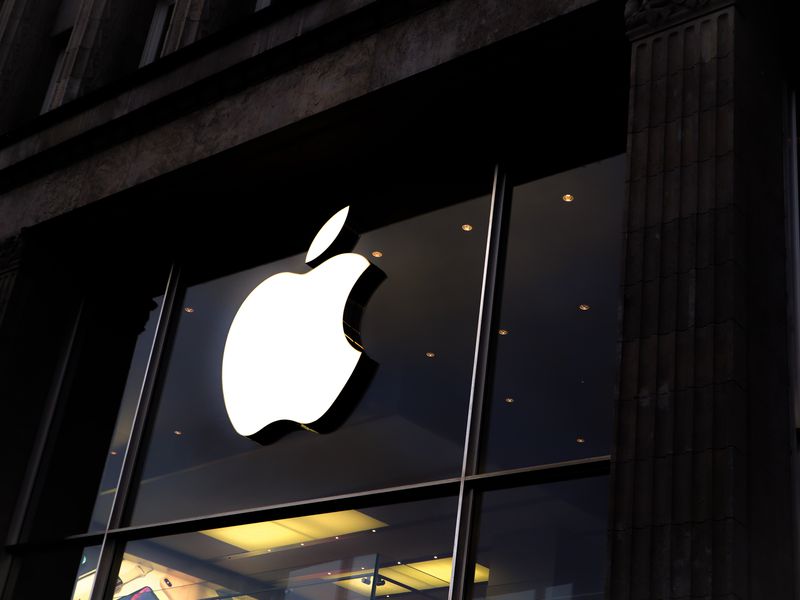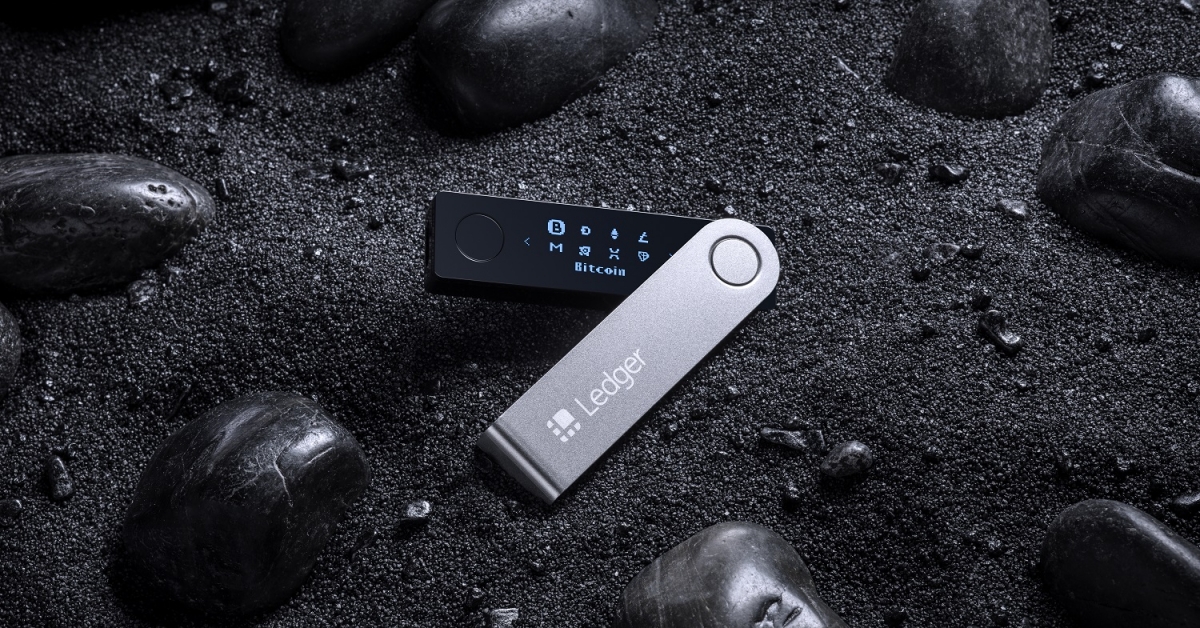MicroStrategy Unveils Plan for Bitcoin-Based Decentralized Identity Using Ordinals
/arc-photo-coindesk/arc2-prod/public/LXF2COBSKBCNHNRE3WTK2BZ7GE.png)
-
MicroStrategy Orange will provide “trustless, tamper-proof and long-lived” decentralized identities using the Bitcoin blockchain, founder Michael Saylor said.
-
The company pitched itself as a “bitcoin development company” earlier this year, saying it would work on development of the Bitcoin network through financial markets, advocacy and innovation.
MicroStrategy (MSTR), the largest corporate holder of bitcoin, unveiled plans to develop a decentralized identity service using Ordinals inscriptions.
The software consulting firm began pitching itself as a “bitcoin development company” earlier this year, saying it would work on development of the Bitcoin network through financial markets, advocacy and innovation. “MicroStrategy Orange,” as it has been called, is a sign the company is putting this aim into practice.
The goal of MicroStrategy Orange is to provide “trustless, tamper-proof and long-lived” decentralized identities using the Bitcoin blockchain, founder Michael Saylor said at the company’s Bitcoin For Corporations conference on Wednesday.
The service allows users to issue decentralized identifiers (DIDs), which enable pseudonymity. Just as bitcoin transactions are not linked to real-world identities, neither will DIDs.
Orange harnesses Bitcoin’s Ordinals Protocol, which allows for information to be stored and communicated on individual satoshis (the smallest increment of bitcoin (BTC), equal to 1/100,000,000th of a BTC).
MicroStrategy has already built one application using its service called “Orange For Outlook,” which integrates digital signatures into emails to enable recipients to verify the identity of the sender.
MicroStrategy holds 214,400 BTC ($10 billion), which is more than 1% of the all the bitcoin will ever exist.
Edited by Sheldon Reback.









